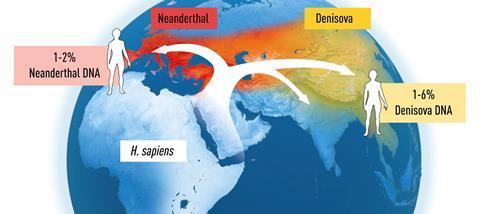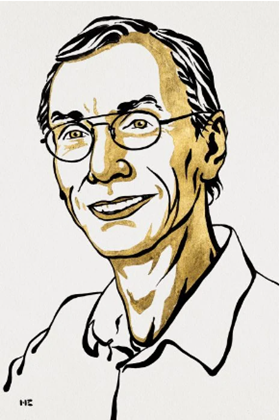Svante Pääbo won the Nobel Prize in Physiology for his discoveries surrounding the genomes of Neanderthals and Denisova people, the Nobel Prize Committee announced in the press release.

Early in his career, Svante Pääbo began investigating how to use modern genetic methods to study Neanderthal DNA. He first managed to sequence a piece of mitochondrial Neanderthal DNA, but soon shifted his focus to the complete nuclear genome. In 2010, he managed to completely sequence the first Neanderthal genome, allowing the comparison of the genomes of homo sapiens and Neanderthals. He and his team did the same with Denisova man.

Comparisons showed that 1-4% of the genome of Europeans and Asians comes from Neanderthals, while the genome of people from Southeast Asia contains up to 6% Denisova DNA. From these numbers, you can conclude that Homo sapiens had sexual relationships with both Neanderthals and Denisova people.
So what is the connection with medicine, you may ask. Pääbo’s discoveries may provide clues as to how our genome was influenced by that of Neanderthals and Deniso people. As an example, the press release mentions the ‘Denisovan variant’ of the gene EPAS1, which gives you an advantage at higher altitudes (as seen in present-day Tibetans). You can also look at how Neanderthal genes affect our immune response to different infections.












Nog geen opmerkingen